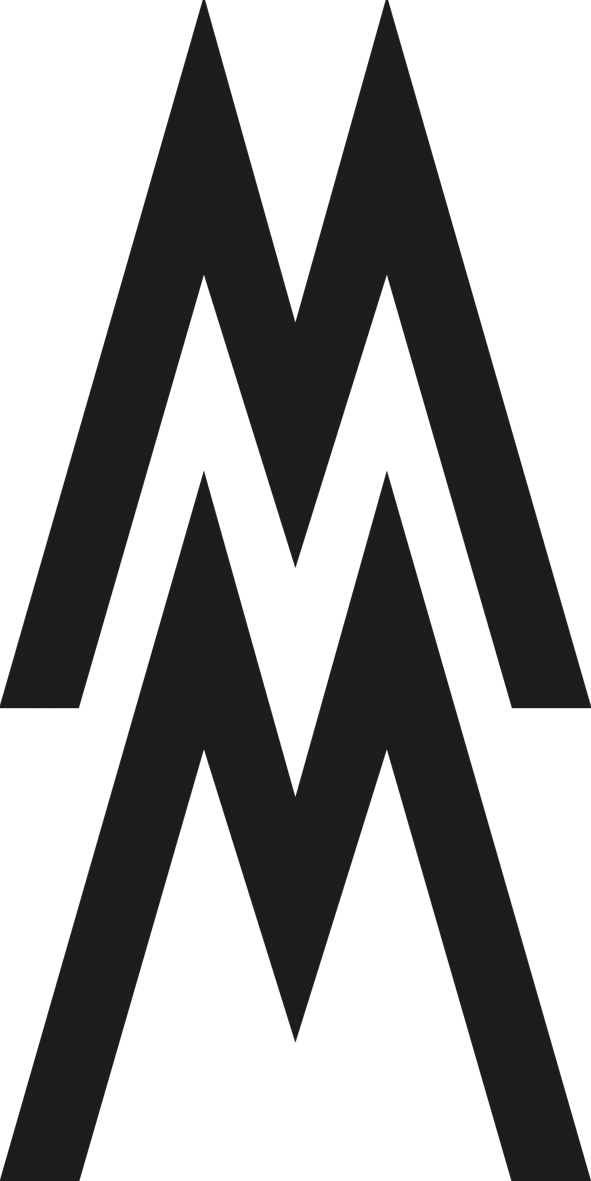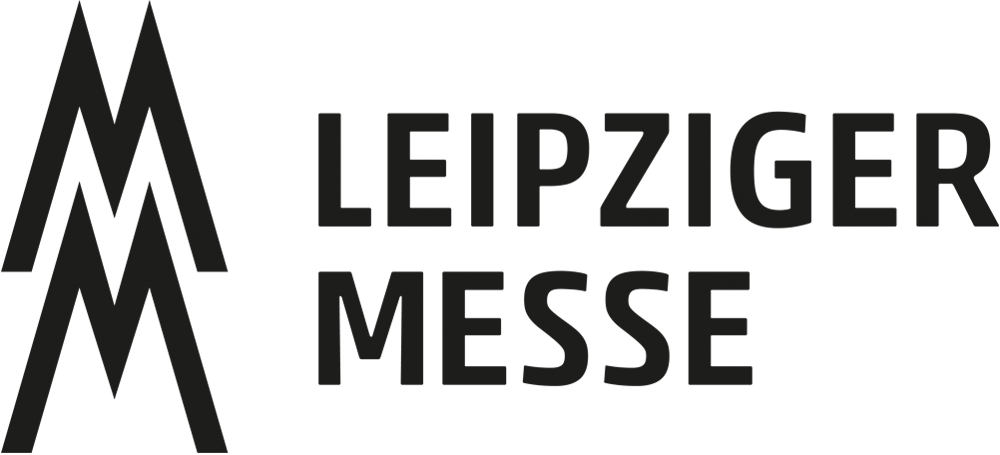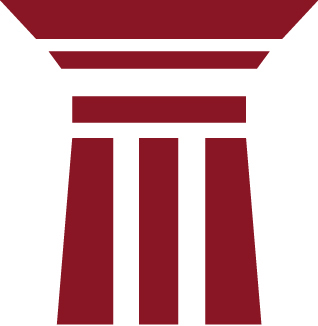News
News
VerA President Matthias Kutsch: "Creating Great Exhibitions Together"
VerA is the Association of Exhibition Designers in Germany, uniting all those involved in creating exhibitions, from disciplines such as curation, architecture and scenography as well as texts, graphics and audiovisual media. VerA recently moved its offices to Leipzig, making MUTEC 2022 a home event for the association. We talked to its president Matthias Kutsch about the association's work, the significance of new technologies and next year's MUTEC.
Editor: You have been president of VerA since 2014. How has it been to work at the association over the last seven years and what were the highs and lows?
Matthias Kutsch: VerA is the association of exhibition designers and unites all those involved in creating exhibitions, ranging from disciplines such as curation, architecture and scenography to texts, graphics and audiovisual media. Our goal is to create a community. Our work has shown us that we are not alone in the challenges we face and that we can achieve good results through cooperation. It is important to note that so far almost all those working at the association are volunteers, so processes can be slow. This shows the value of our achievements to date, such as the new fee structure (HOAS) that defines our services and has created a basis for cooperation between museums and exhibition venues. The first edition is nearly sold out and we are now working on a new and revised HOAS list, due to be published in spring 2022. Should a tender be issued that does not comply with our rules, we contact the company who sent the invitation and try to persuade them to make changes. This is unfortunately not always successful. It is vital that museums see us as their partner so we can create great exhibitions together.
Editor: What are the most important topics for VerA at the moment – especially with regard to the challenging situation for exhibition designers caused by the Corona pandemic?
Matthias Kutsch: The pandemic has upset many of our plans. Projects have been postponed or cancelled. However, a good number of museums have used the time to implement measures to make them more attractive. I fear there will be less money available for museums and exhibitions in the future. So it is even more important to make sure we are adequately remunerated for our services, despite having to compete for visitors. It is our job to continue trying to emphasise the importance of supporting cultural institutions and to draw attention to exhibitions' social and educational value.
Editor: VerA has since June 2020 been involved in a committee that is working to support freelance and self-employed workers in the museum sector. It was officially launched with a joint declaration. Have you been able to make progress since then?
Matthias Kutsch: The merger of various associations was a reaction to certain passages in guidelines issued by the German Museum Association that did not adequately acknowledge the services of freelancers. As a result of our protests, the German Museum Association invited us to a workshop in which we drew up the joint declaration on freelance work in museums. There, we focused on the work of freelancers in the field of museums. The Museum Association is currently working together with VerA on a paper entitled "Fair Tendering".
Editor: As an experienced exhibition designer, what do you think of the wide range of opportunities offered by new technologies, and which technologies do you think will have a lasting impact on the exhibition sector?
Matthias Kutsch: We are well aware that technological developments will impact museums and other cultural institutions. There are plenty of different applications for media in museums. Media guides are already playing a role in museums and have become an important element thanks to their scope and multilingual potential. Technology in museums is in constant use, so it is essential that media tools are hard-wearing. Even so, many museums are put off by reliability issues and high maintenance costs. New technologies such as augmented and virtual reality are attractive when used in combination with artificial intelligence for exhibitions. However, I see it as my job to use media to enhance the communication of content. In museums, the exhibit itself will always remain the centrepiece.
Editor: MUTEC 2022 is now a home venue for you since VerA's offices have moved to Leipzig. What are you hoping to gain from the trade fair next year?
Matthias Kutsch: Moving VerA to Leipzig was one further step on the way to creating a more professional association. We have found an ideal partner in the UNIKATUM Children's and Youth Museum where our offices are now based, and a good office manager in Frau Annegret Hänsel, a founding member of VerA.
Leipzig is an interesting city with exciting growth. We are of course aiming to work closely with MUTEC. We will be at the trade fair in 2022 with a series of lectures as part of the supporting programme.





